Home

Growth & Development

Stillbirth: Cause, Symptoms, Risks & Prevention
In this Article
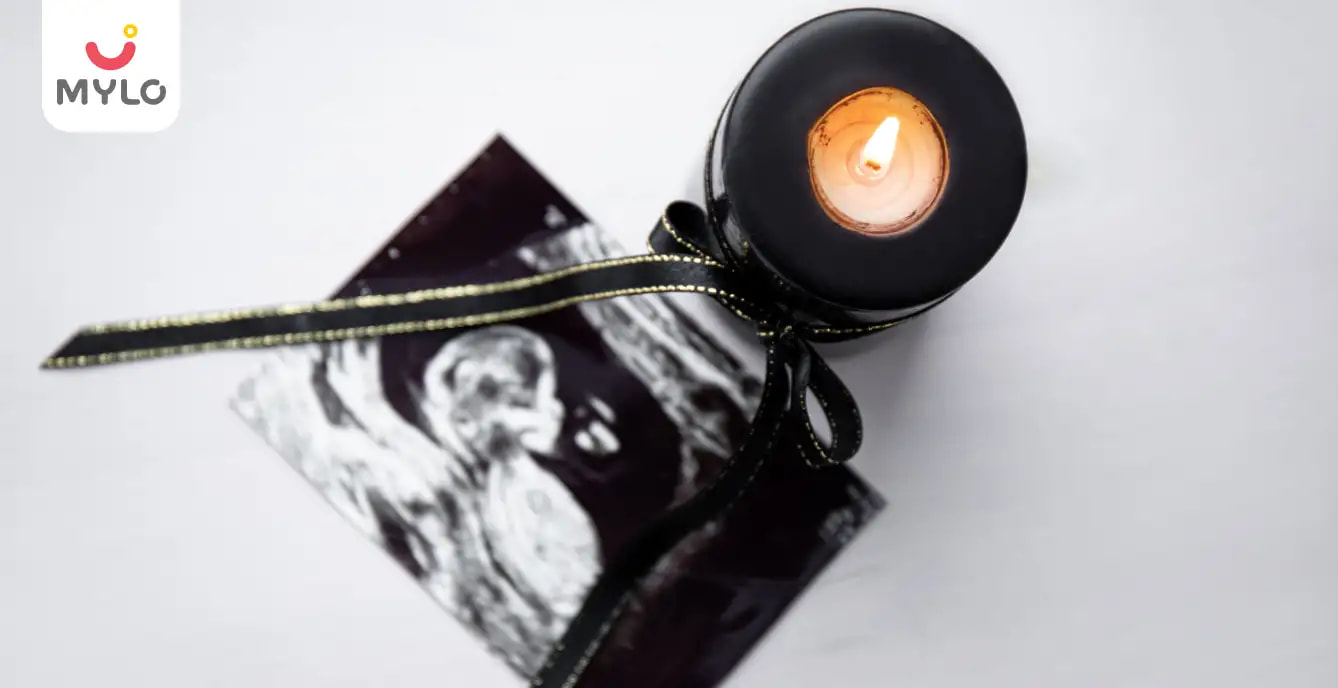
Growth & Development
Stillbirth: Cause, Symptoms, Risks & Prevention
Updated on 15 May 2023
When a 24-week or longer pregnancy results in the loss of a baby it is known as a stillbirth. Nearly 2 million stillbirths are recorded each year across the globe. If you’re pregnant and notice that your baby is not moving enough or have met an accident, it’s important to consult your doctor right away. Don’t wait for the next day or the next prenatal visit.
In this article, we will discuss in detail stillbirth meaning, its symptoms, causes, risks and how to prevent it.
What is stillbirth?
A stillbirth is when a baby is born still or dead after completing 24 weeks of pregnancy. The baby could have passed away weeks or hours before labour and rarely, during labour. When a baby dies before the pregnancy has completed 24 weeks of pregnancy, it is known as a miscarriage or late foetal loss.
What are the signs of stillbirth?
Now that we know the stillbirth meaning, let us understand what are its signs. It’s important to remember that each woman may experience the symptoms differently.
The signs and symptoms of stillbirth may include:
-
Absence of fetal movements and kicks
-
Spotting or bleeding
-
No fetal heartbeat with stethoscope or Doppler
-
No fetal heartbeat or movement on ultrasound
These symptoms may resemble some other medical conditions as well. That’s why it’s important to consult your doctor for a definite diagnosis.
You may like : Fetal Growth and Development During Pregnancy
Causes of stillbirth
The cause of stillbirth may not always be known but it’s important to discover its cause to help the doctors with prevention and the parents with grieving. Some of the common stillbirth causes include:
1. Umbilical cord problems
Problems with the umbilical cord such as knots, tightened cord, cord wrapped around foetus’ neck or cord prolapse may result in a stillbirth.
2. Placental problems
Problems with the placenta such as poor circulation or twin-to-twin transfusion can lead to stillbirth.
3. Pregnancy complications
Complications like preeclampsia, obstetric cholestasis or bacterial infections can increase the risk of stillbirth or problems leading to stillbirth.
4. Maternal health conditions
Sometimes preexisting conditions in the expecting mother such as diabetes, heart disease, lupus, thyroid or high blood pressure can cause stillbirth.
5. Congenital anomalies
Birth defects are among the leading causes of stillbirth. Around 25 per cent of stillbirth are caused by one or more birth defect.
6. Rh incompatibility
A blood incompatibility between the mother and the baby can also result in a stillbirth.
Following a stillbirth, will I lactate?
After delivering a stillborn, the milk-producing hormones in the mother’s body might still be activated. As a result, it’s possible for you to start producing breast milk. The doctor may recommend you some medicines to stop the breast milk production or you can choose to let the lactation stop naturally.
Risks of stillbirth
A stillbirth can happen to any pregnant woman regardless of her age, background or ethnicity. However, there are certain factors that can increase an expecting mother’s risk of stillbirth such as:
-
Smoking, drinking or using drugs
-
Maternal age of over 35 years
-
Poor prenatal care
-
Malnourishment
-
Multiple births (twins or more)
-
Preexisting health conditions
-
Obesity (BMI of over 30)
How is the diagnosis done for stillbirth?
Usually, the expecting mother will notice the absence of fetal movement and consult the doctor. The doctor will then recommend an ultrasound which will confirm that the foetus has passed away.
How to prevent stillbirths?
Not all stillbirths can be prevented but it’s possible to reduce your risk by doing the following things during pregnancy:
-
Not smoking and avoiding alcohol and drugs
-
Limiting your caffeine intake
-
Consuming folic acid before and during pregnancy
-
Getting a flu vaccine
-
Avoiding sleeping on your back after 28 weeks
-
Going to all your prenatal appointments
What distinguishes a stillbirth from a miscarriage?
Although a stillbirth and miscarriage both result in loss of pregnancy, there’s a difference in when they occur. Loss of foetus before 24 weeks of pregnancy is called a stillbirth whereas a stillbirth occurs after 24 weeks of pregnancy.
What occurs following the death of a stillborn child?
After a stillbirth, the doctor depending on the situation may ask you to wait for labourindu to begin naturally or induce labour. If the health of the mother is at risk, the stillborn baby will be delivered as early as possible.
Inducing labour is generally considered to be the most recommended option after a stillbirth. And while waiting for the mother to deliver naturally is an option, it may not be the safest. This is because the foetal body may begin to deteriorate in the uterus. In some rare cases, the stillborn baby may be delivered by a caesarian section.
Closing Thoughts
Losing a baby even before you have had it and held it can be devastating not only for the mother but for the partner and family members. It can be hard to cope with such a loss, especially when you don’t know what caused the stillbirth. Talking to a mental health professional can help you and your family endure this loss.



Written by
Anupama Chadha
Anupama Chadha, born and raised in Delhi is a content writer who has written extensively for industries such as HR, Healthcare, Finance, Retail and Tech.
Read MoreGet baby's diet chart, and growth tips

Related Articles
Related Questions
Hello frnds..still no pain...doctor said head fix nhi hua hai..bt vagina me pain hai aur back pain bhi... anyone having same issues??

Kon kon c chije aisi hai jo pregnancy mei gas acidity jalan karti hain... Koi btayega plz bcz mujhe aksar khane ke baad hi samagh aata hai ki is chij se gas acidity jalan ho gyi hai. Please share your knowledge

I am 13 week pregnancy. Anyone having Storione-xt tablet. It better to have morning or night ???

Hlo to be moms....i hv a query...in my 9.5 wk i feel body joint pain like in ankle, knee, wrist, shoulder, toes....pain intensity is high...i cnt sleep....what should i do pls help....cn i cosult my doc.

Influenza and boostrix injection kisiko laga hai kya 8 month pregnancy me and q lagta hai ye plz reply me

Related Topics
RECENTLY PUBLISHED ARTICLES
our most recent articles
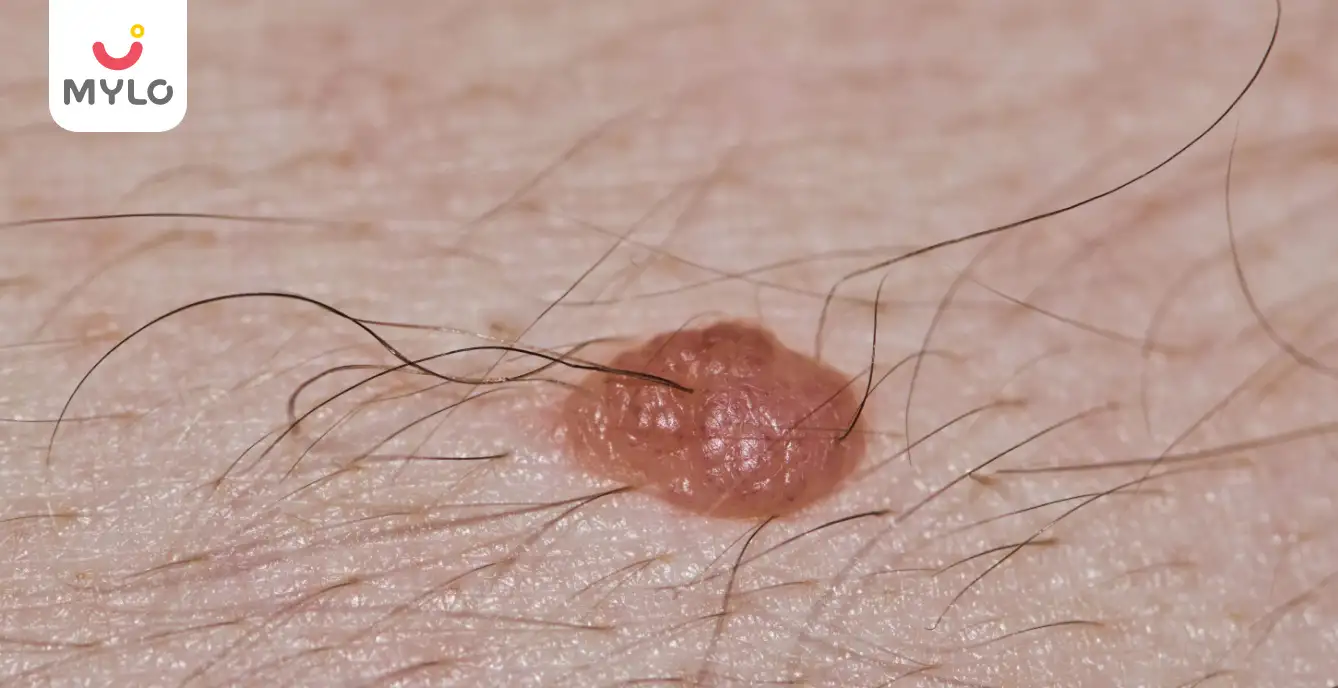
skin care
Giant Congenital Melanocytic Nevus: Causes, Symptoms, & Treatment
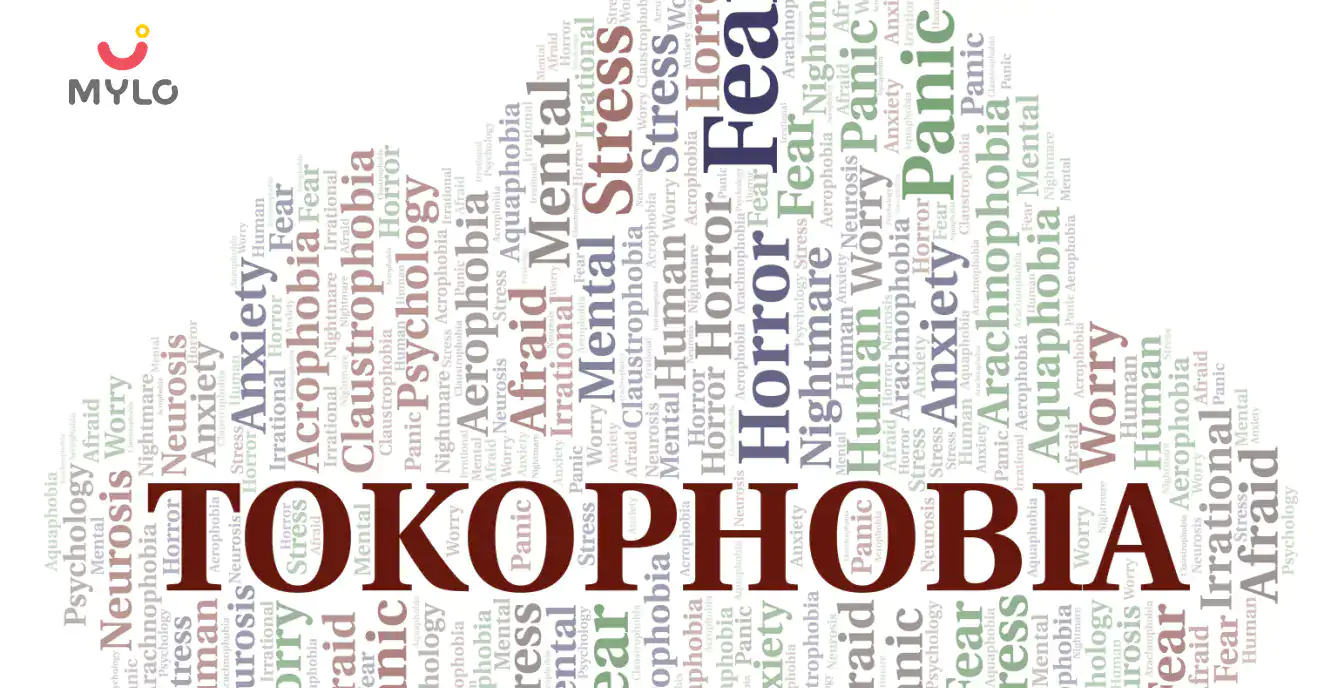
Fears & Phobias
Tokophobia: How to Manage Your Phobia of Pregnancy & Childbirth
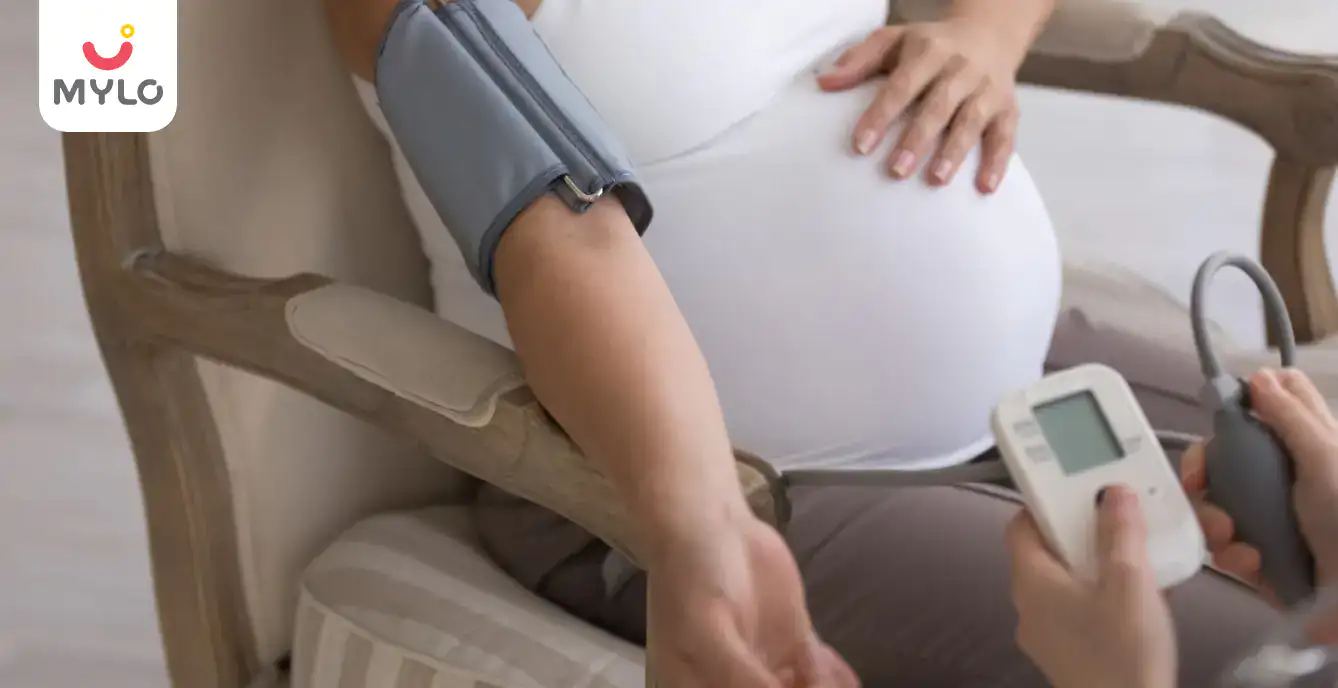
Low BP in Pregnancy: Symptoms, Effects & Treatments
Twins & Triplets
Helping your twins to sleep at the same time
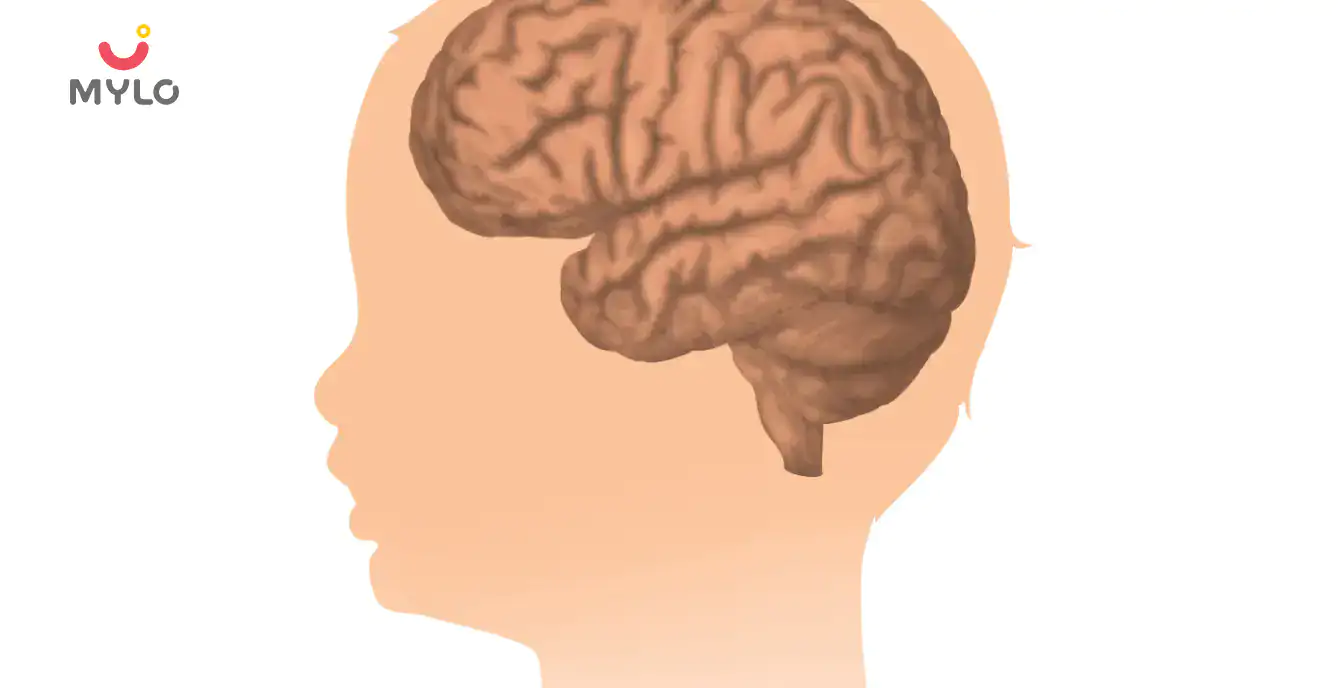
Brain Development
Baby Brain Development: What You Should Know
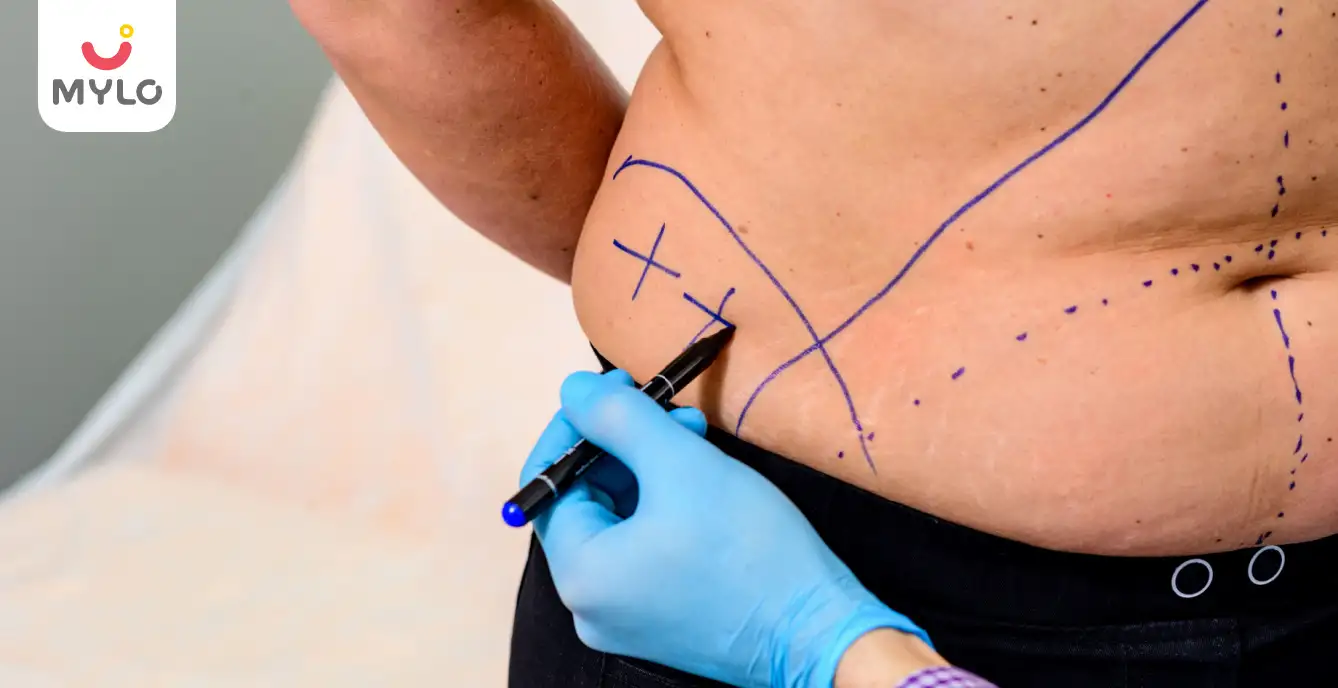
Medical Procedures
Tummy Tuck (Abdominoplasty) Procedure, Risks, Preparation & Recovery
- Spina Bifida: Causes, Symptoms & Treatment
- Diastasis Recti: Causes, Symptoms, Risks & Preventions
- Opioid Overdose, Risk & Prevention
- Is Pregnancy After 35 Right for You? A Comprehensive Guide
- Clubfoot (Talipes Equinovarus): Meaning, Symptoms & More
- RSV (Respiratory Syncytial Virus): Symptoms, Causes & Treatment
- Loose Vagina: Learn How To Tighten Your Vagina Naturally
- Umbilical Cord Prolapse Causes, Symptoms & Treatment
- Bipolar Disorder: Causes, Symptoms, Risks & Treatment
- Sinus Infection During Pregnancy Causes & Treatment
- Intrauterine Growth Restriction (IUGR) in Pregnancy
- APGAR Score: Meaning & How it is Performed
- Dyspareunia (Painful Intercourse): Causes & Treatment
- Short Bowel Syndrome: Causes, Symptoms, and Treatment


AWARDS AND RECOGNITION

Mylo wins Forbes D2C Disruptor award

Mylo wins The Economic Times Promising Brands 2022
AS SEEN IN

- Mylo Care: Effective and science-backed personal care and wellness solutions for a joyful you.
- Mylo Baby: Science-backed, gentle and effective personal care & hygiene range for your little one.
- Mylo Community: Trusted and empathetic community of 10mn+ parents and experts.
Product Categories
baby carrier | baby soap | baby wipes | stretch marks cream | baby cream | baby shampoo | baby massage oil | baby hair oil | stretch marks oil | baby body wash | baby powder | baby lotion | diaper rash cream | newborn diapers | teether | baby kajal | baby diapers | cloth diapers | laundry detergent 6472 | lactomama lactation granules |




